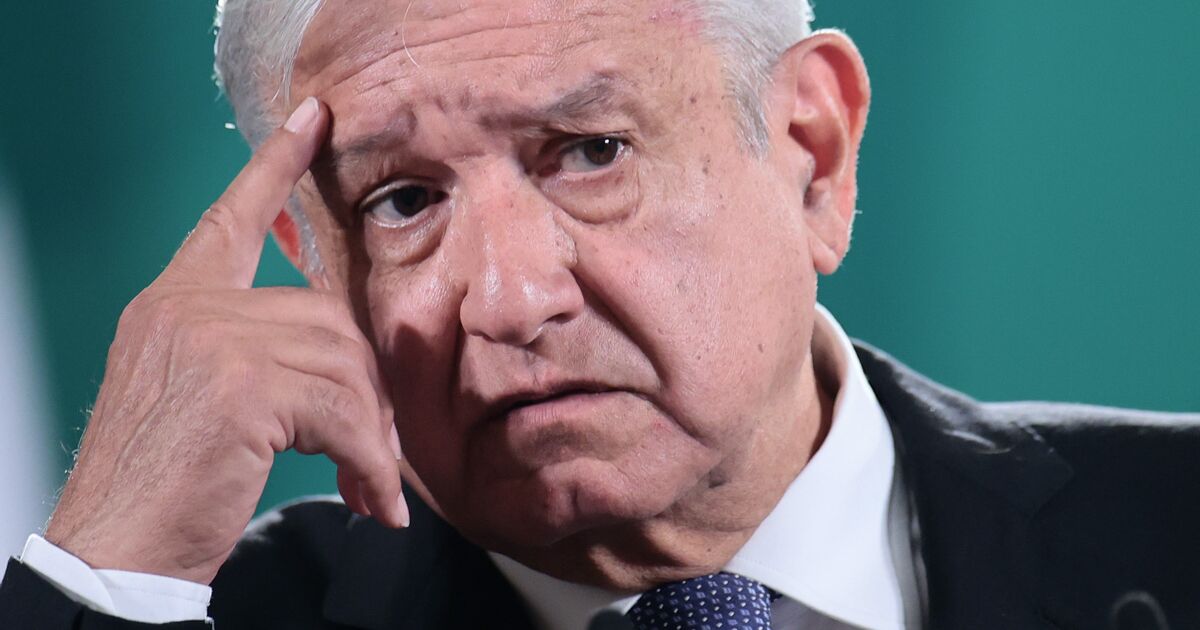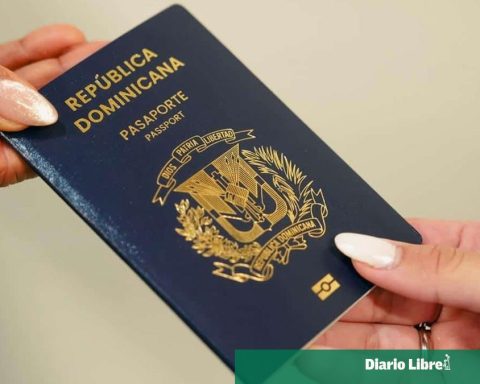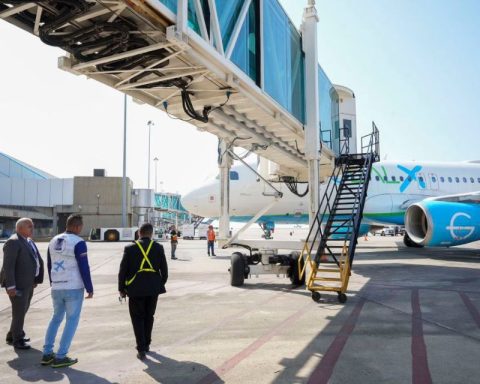The agreement intends to exempt the signatory companies of the pact from sanitary procedures and permits and entrusts them with the responsibility of ensuring that the goods they trade comply with current standards of safety and quality.
The measure, which still has to be published in the Official Gazette for it to come into force, has caused discontent among Mexican producers and competition organizations and generated alerts about the possibility that due to the lack of sanitary control, the door will be left open to plant diseases. and animals already controlled.
Also to the possibility of violating the preferential treatment of trading partners, such as the United States and Canada, Mexico’s allies in the North American trade agreement (TMEC), as well as others with whom they have free trade agreements. trade.
“We have to guarantee that food prices do not increase,” the president said in his daily press conference. “If we get the meat cheaper so that people can have access to good, cheap meat, why are we going to close the border?” he added.
“What are we doing? Removing bureaucracy, simplifying,” he stressed, adding that both the agri-food health authority, Senasica, and the health regulator, Cofepris, were used as mechanisms to maintain tariffs and prevent exports.
All trade between Mexico and its main partner, the United States, has been tariff-free for years. The country has trade agreements with several dozen other nations that include clauses for agricultural products.
If Mexico allows the entry of food from countries that do not have these preferences, it would be incurring discriminatory treatment, according to experts.
“It’s the most painful,” said Rocío Ruiz, an expert in industrial policy and who was head of that area in the Mexican Ministry of Economy for many years, regarding what would be an alleged violation of national treatment protected in trade agreements.
“In general, the treaties do prohibit you from giving discriminatory treatment to partners when you are giving a benefit to nationals,” he added Monday at a forum organized by economic competition authority Cofece.
After the Apecic was announced, Senasica said that it was working with the agri-food industry to protect food production and that it will strengthen communication with importing firms as part of the agreement with the Government to prevent the entry of pests or diseases, in an effort to quell concerns.
“It is the neoliberal dream in commercial matters,” said Valeria Moy, general director of the Mexican Institute for Competitiveness (IMCO) in a text published on the organization’s website, which is highly critical of the government.
















